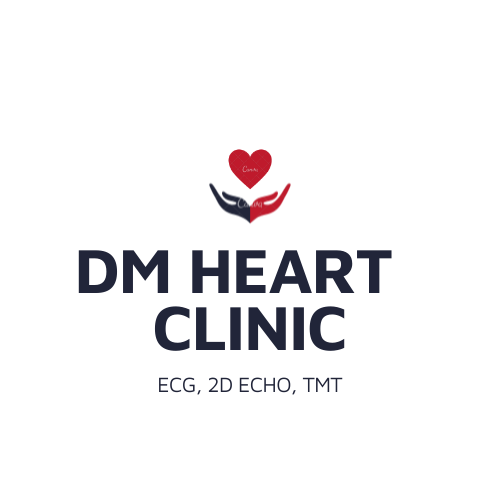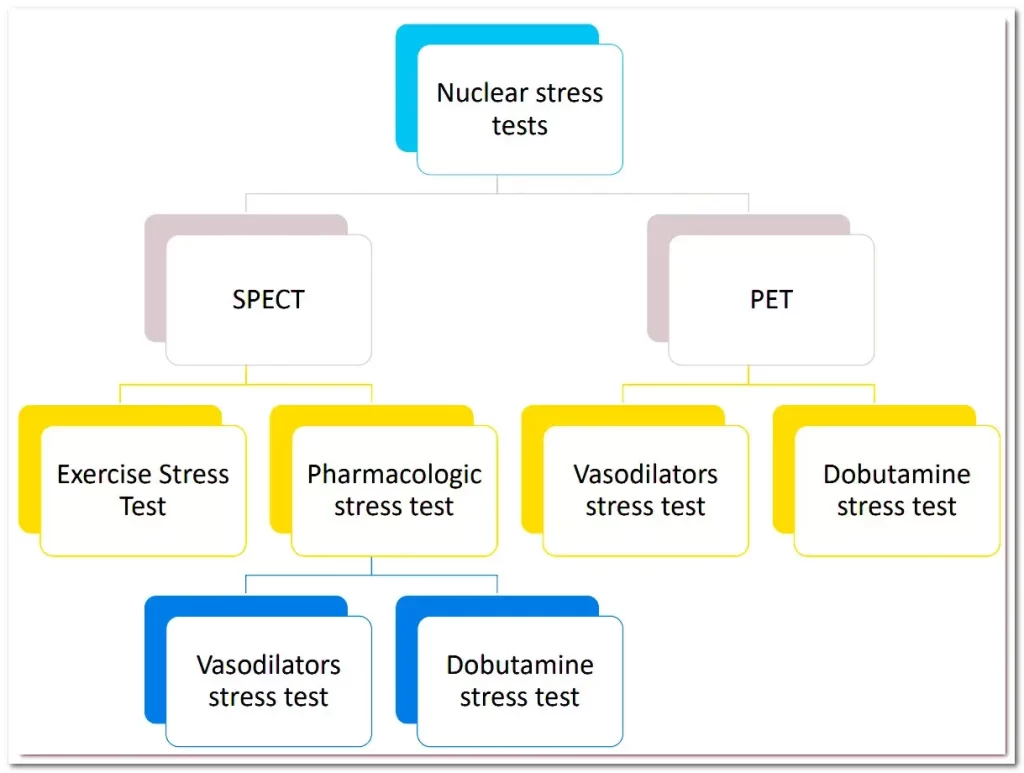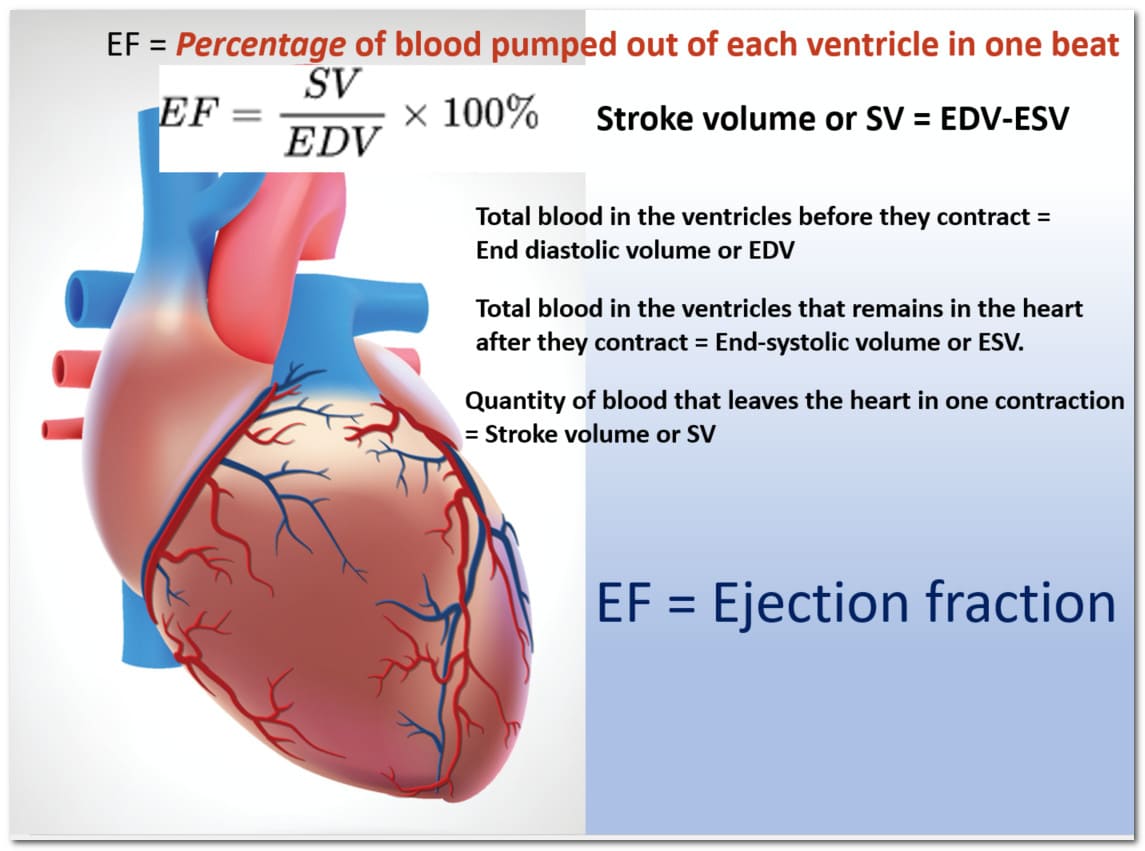Salt is a mineral composed of sodium and chloride ions and is commonly used as a seasoning in food. It enhances the flavor of the food. However, excessive salt consumption can contribute to various health issues.
Excessive salt intake can lead to:
- Hypertension (high blood pressure)
- Kidney problems and fluid retention
- Increased risk of osteoporosis, stomach cancer, and dehydration
does salt have calories?
No, salt (sodium chloride) does not contain calories. It is just a mineral that is added to food for flavor. Salt itself does not contribute any caloric value to the diet. Here is the nutritional chart of common salt
| Nutrient | Amount per 1g (approx.) |
|---|---|
| Calories | 0 |
| Total Fat | 0g |
| Sodium | 390mg |
| Carbohydrates | 0g |
| Protein | 0g |
The recommended daily intake of salt varies depending on age, health conditions, and other factors. However, the general guideline for adults is to consume no more than 2,300 milligrams (mg) of sodium per day, which is equivalent to about 5.8 grams or 1 teaspoon of salt. If you are suffering from hypertension or kidney disease, the recommended intake may be even lower, typically around 1,500 mg (approximately 3.8 grams of salt) of sodium per day.










